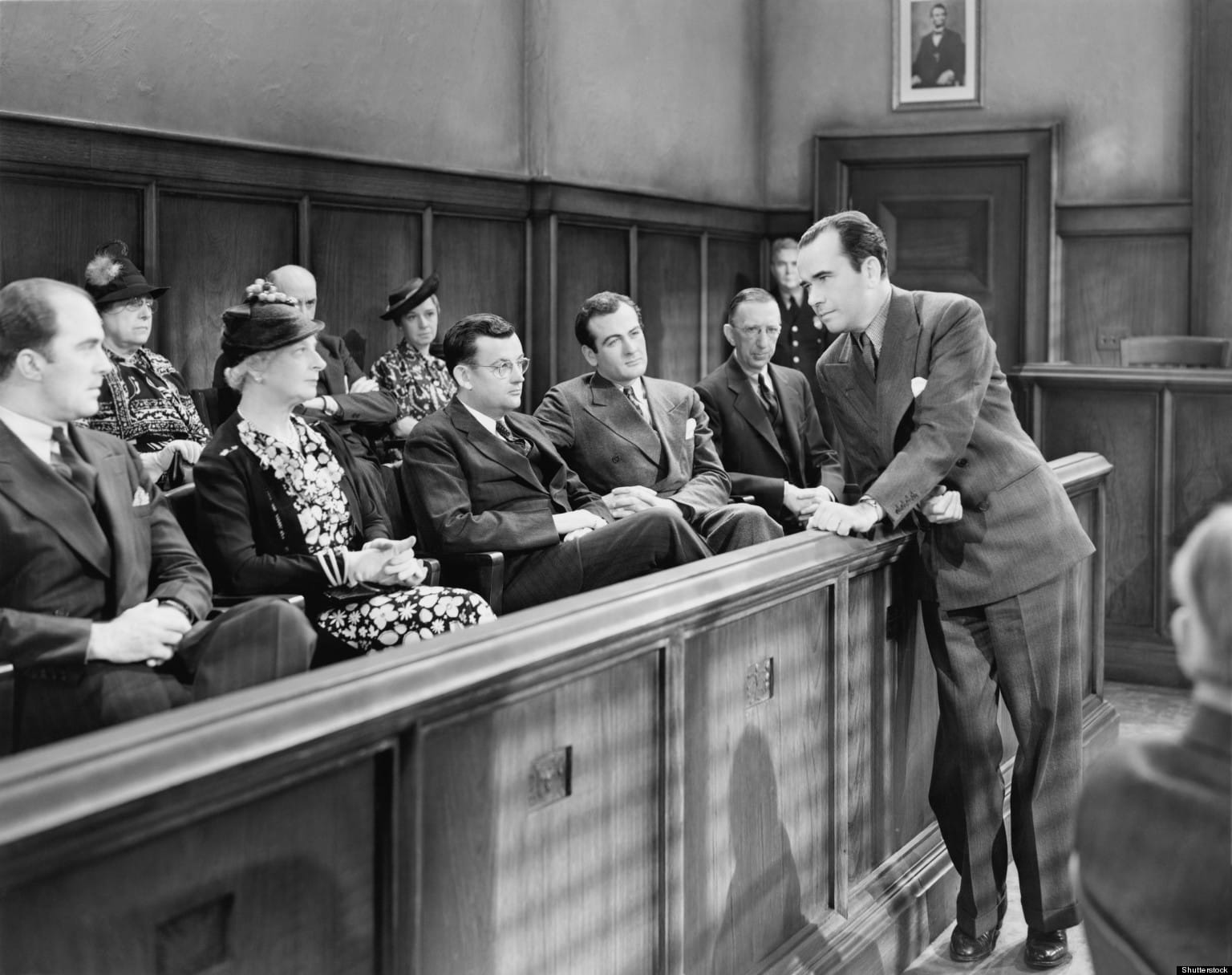Understanding Petit Juries: The Basics
You’ve likely heard the phrase “jury of your peers,” but have you ever wondered who these peers are and what their role is in the justice system? In the United States, petit juries serve as the “finders of fact” during trials. These everyday citizens listen carefully to the evidence presented and shoulder the weighty responsibility of determining guilt or innocence in criminal cases or liability in civil cases.
Simply put, a petit juror ([https://www.lolaapp.com/what-me-worry-alfred-e-neuman]: What Me Worry, Alfred E. Neuman) is an individual who serves on a trial jury. Unlike grand juries, which decide if there is enough evidence to indict and proceed to trial, petit juries consider all evidence presented during a trial to reach a verdict. This verdict determines the outcome of the case.
How are Petit Jurors Chosen?
The selection process aims to seat a jury that is both fair and impartial. Potential jurors are randomly selected from lists of registered voters or licensed drivers to ensure a diverse representation of the community.
However, random selection is just the first step. Before an individual can serve on a jury, they undergo a process known as voir dire (pronounced “vwahr deer”). During voir dire, attorneys involved in the case question potential jurors to uncover any biases or conflicts of interest that might compromise their ability to be fair and impartial.
What Do Petit Jurors Do?
The role of a petit juror carries significant responsibility. Their duties include:
- Active Listening: Jurors must pay close attention to all evidence presented during the trial. This includes witness testimonies, expert opinions, and physical evidence.
- Evidence Evaluation: Jurors must critically analyze the presented evidence and assess its credibility, weighing the information to determine what is most reliable and persuasive.
- Adhering to the Law: The presiding judge provides jurors with specific instructions regarding the law applicable to the case. Jurors must carefully follow these instructions when reaching their decision.
- Deliberation with Fellow Jurors: After the presentation of evidence concludes, the jury retires to a private room to discuss the case and arrive at a verdict. This deliberation involves sharing perspectives, considering different interpretations of the evidence, and striving to achieve a unanimous decision (or a majority in some civil cases).
Why are Petit Juries Important?
The petit jury system represents a cornerstone of the American democratic process. Here’s why:
- Fair Trials: Entrusting a case’s decision to a group of randomly selected citizens, rather than a single judge, promotes fairness and impartiality in the verdict.
- Civic Engagement: Jury duty is a vital aspect of civic participation. It allows citizens to actively participate in the justice system and contribute to the fair administration of justice.
- Accountability: The presence of a jury holds the government accountable for its actions. This ensures the fair application of the law and the protection of the rights of all parties involved.
Pronouncing “Petit Jury”
The term “petit jury” frequently appears in legal contexts, but its pronunciation can vary. The most common pronunciation, particularly in the United States, is “pet-it” jury, emphasizing the first syllable. However, you might also encounter the pronunciation “pet-eet” jury, with a longer “ee” sound, in some regions, notably in the Northeastern states. Both pronunciations are acceptable.
The Role of a Petit Juror in Texas
In Texas, the term “jury” commonly refers to a petit jury—the group tasked with hearing evidence and deciding the outcome of a trial. Texas employs a two-jury system: grand juries and petit juries. While the grand jury determines if there’s sufficient evidence for an indictment, the petit jury hears the case after charges are filed (or in a civil lawsuit). They consider arguments and evidence from both sides to determine guilt or innocence in criminal cases or liability in civil cases.
One crucial aspect of petit juries in Texas is the requirement for a unanimous verdict in criminal cases. All jurors must agree on a guilty or not guilty verdict. Civil cases, however, sometimes allow for a majority verdict depending on the specifics of the case.
Serving on a jury in Texas is considered a civic duty, and specific requirements and a selection process (voir dire) are in place to ensure the jury’s impartiality. Chosen jurors must adhere to a strict code of ethics throughout the trial.
Understanding Hung Juries
A “hung jury” occurs when a jury cannot reach a unanimous verdict after deliberation. This situation arises when jurors disagree on whether the prosecution has presented sufficient evidence for a guilty verdict.
The requirement for a unanimous decision, particularly in criminal cases, stems from the principle that it is preferable to acquit a guilty person than to wrongly convict an innocent one.
When a jury is “hung,” the judge declares a mistrial, rendering the trial void. However, this does not necessarily mean the defendant is cleared of the charges. The prosecution can choose to retry the case with a new jury.
Expanding the Scope: Additional Insights
- Historical Evolution: The petit jury system is rooted in English common law and has evolved significantly over time.
- Modern Challenges: Contemporary challenges to the petit jury system include concerns about juror bias, the influence of media on trials, and the complexities of certain cases.
- Jury Nullification: This controversial topic explores the power juries possess to disregard the law under specific circumstances.
- Improving the System: Ongoing efforts aim to enhance jury selection and trial processes by increasing juror diversity, clarifying jury instructions, and making trials more accessible to the public.
Understanding the role and function of petit juries is essential for navigating the legal system, whether as a potential juror, a defendant, or an informed citizen. By upholding the principles of fairness, impartiality, and civic engagement, petit juries play a vital role in ensuring justice for all.
















